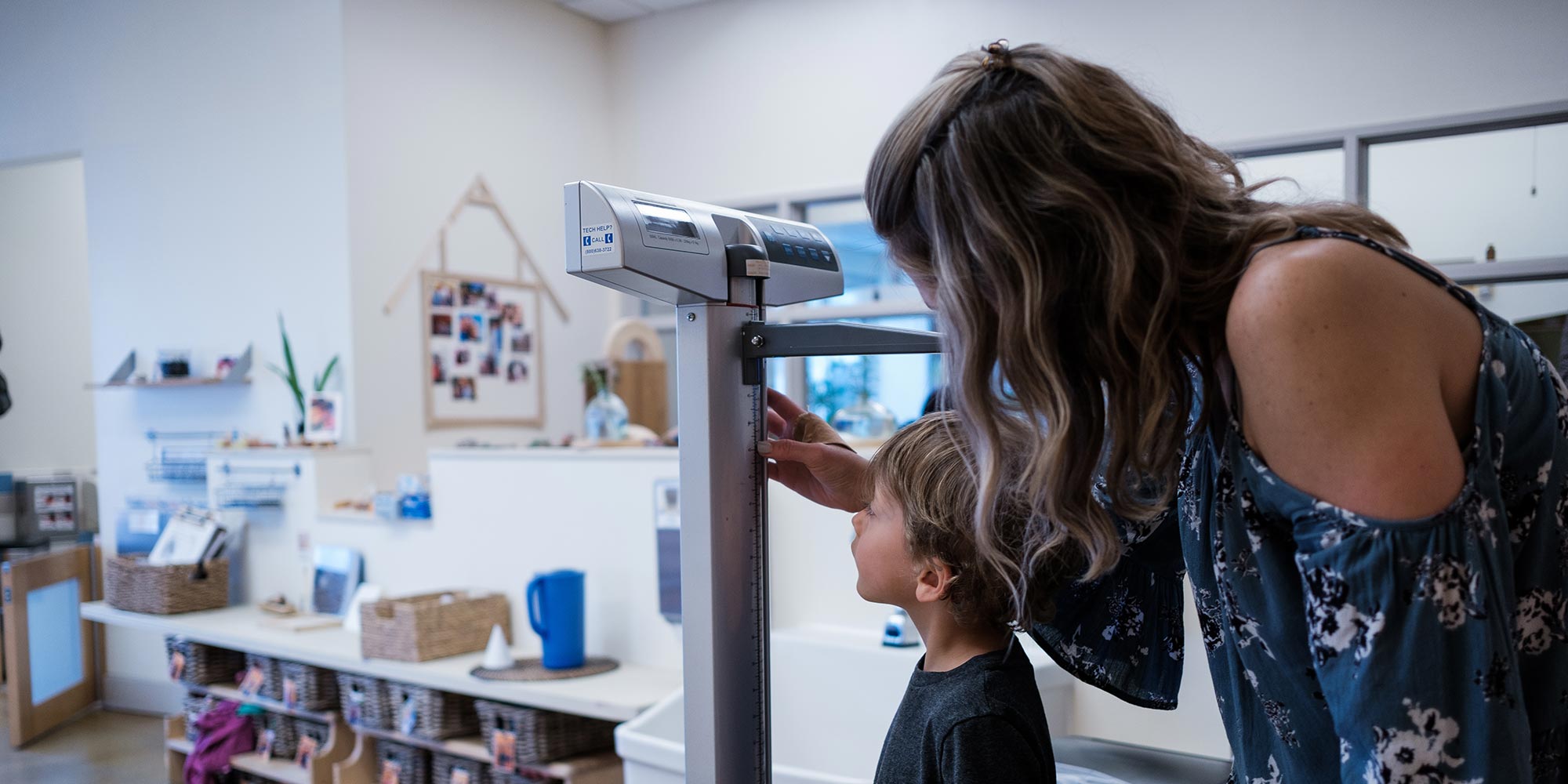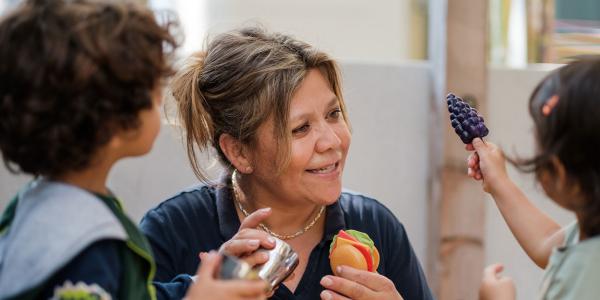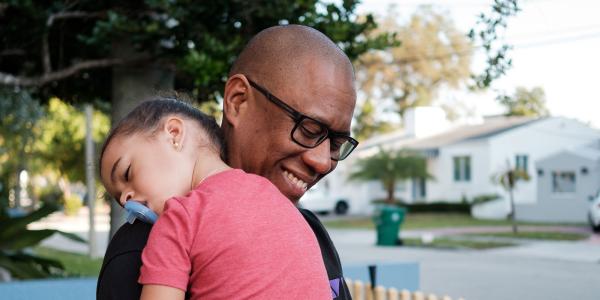Why It Matters
Florida’s future prosperity depends on our ability to foster the health and well-being of today’s children. When a society invests wisely in children and families, the next generation will pay that back through a lifetime of productivity and responsible citizenship.
As stewards of the State of Florida, it is our responsibility to invest wisely in society so that we pass on a healthy economy and an educated, empowered workforce to the next generation of leaders.
Our Principles for Children's Health in Florida
1. A healthy child is ready to learn
When children are healthy, they are ready to learn. But 343,000 children in Florida are uninsured.
We know that uninsured children do not receive adequate care and do not seek prompt treatment when they are ill.
When uninsured children miss these screenings, we all suffer.
The Children’s Movement of Florida knows the solution is to provide health coverage for all Florida children.
When children have the health care and treatment they need, they are healthy, in school, and ready to learn.
Dental health problems were responsible for 1/3 of elementary school absences among children from economically vulnerable communities.
In the end, we all benefit when the children of our state are healthy.
Research by The Washington Economics Group shows that every dollar spent by the state to improve the health and well-being of children creates an aggregate total of $4.55 in economic output. That is a return of 455 percent on investment. If we saw numbers like that in our retirement accounts, we would be impressed, so why wouldn’t we want that for our state?
2. Give mothers and babies a strong start - physically and mentally
We can’t focus on developing just one part of the child. Cognitive, emotional and social capacities are tightly connected from the time we are babies and for the rest of our lives. The human body is an interactive organ. The brain uses some functions to enrich others. Language acquisition, for example, relies on hearing, the ability to differentiate sounds, and the ability to pay attention and engage in social interaction.
Since we know this, we need to ensure that we are caring for children’s mental health as well as their physical health.
Further, we can’t treat children’s health in a vacuum. We know that a baby’s relationship with the important adults in its life form the foundation of its brain. If one of those adults is depressed or incredibly stressed, they won’t be able to connect with their baby in the way they would want to. So we need to support parents’ mental health to get the best results for the next generation.
The Children’s Movement of Florida wants to get mothers and babies off to a strong start by ensuring prenatal health care for all and extending maternal Medicaid coverage for 12 months postpartum.
3. Increase health care access for children
When children in Florida don’t have access to health insurance, they are unable to visit a pediatrician for the routine screenings they need.
The Children’s Movement of Florida wants to ensure that Florida KidCare can continue the great work it does to provide insurance to all children in Florida. The best way forward is to increase health care access for children by streamlining KidCare enrollment and increasing its outreach capacity.
4. Early intervention changes lives
The Children’s Movement of Florida wants to ensure that programs such as Help Me Grow Florida and Florida Early Steps are readily available to all parents who need access to information and resources to care for their children.
Investing in children’s health is a smart way to spend. In an independent study conducted by Florida State University, Help Me Grow Florida found that every dollar invested in their program returns $7.62 per year.
5. Build community resilience
When communities are healthy, families are healthy. When families are healthy, children are healthy.
Healthy and positive child development emerges best in the context of nurturing, warm, and responsive early parent/caregiver child relationships, when children are surrounded by safe communities with strong trust and social connectedness.
These environments help mitigate Adverse Childhood Experiences (ACEs) and pay off for society in general. ACEs can be cyclical, so when children aren’t exposed to ACEs, they are less likely to perpetrate harm on others. Protecting the current generation from ACEs is protective for the next and feeds into greater prosperity.
Florida programs we support that contribute to maternal and child health:
Sources
To view tips, studies, statistics and resources we cite, please visit our Sources page.


